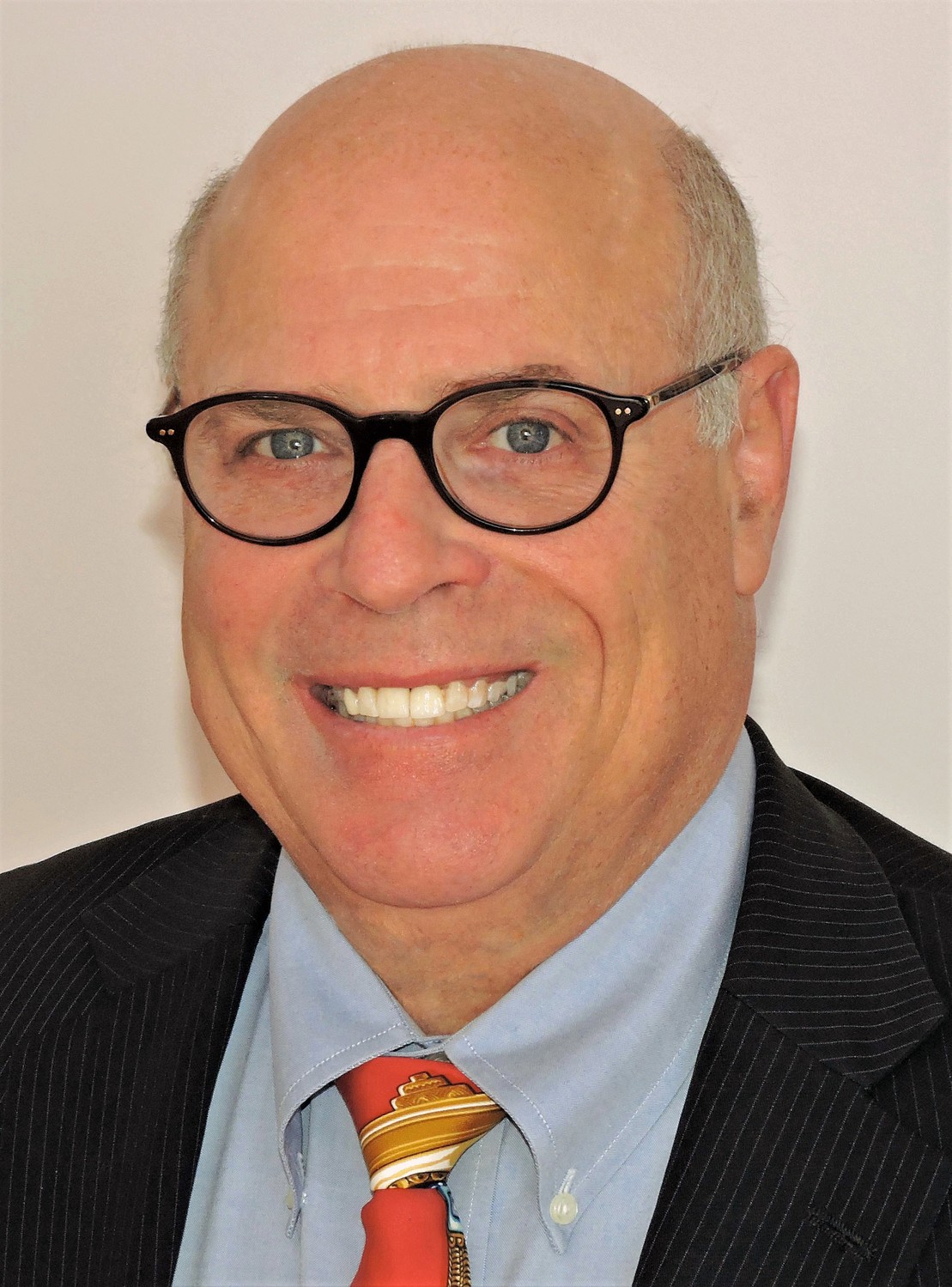Representative Steven Howitt backs funding bill to promote the Life Sciences industry in Massachusetts
Boston – The House of Representatives has approved a multi-million dollar bond bill to support the expansion of the state’s life sciences industry, passing House Bill 4501 on a vote of 149-3 on May 16, 2018.
State Representative Steven Howitt, R-Seekonk, noted that “the bill authorizes $462.97 million in capital funding for the Massachusetts Life Sciences Investment Fund, with approximately one-third of this funding scheduled to be distributed to programs at the state’s public universities. The bill also renews a popular tax incentive program for the industry, and calls for the use of targeted grants and internships to promote diversity in the life sciences and biotechnology fields.”
According to the Biotechnology Innovation Organization (BIO) – which is hosting its 2018 international convention on Boston from June 4-7 – Massachusetts is home to “the top life sciences cluster in the world,” due to the “unique cooperation between industry, government, and academia.” BIO notes that over the last 10 years, Massachusetts has experienced 33.6% employment growth in the biopharma manufacturing sector, and leads all other states in the number of employees working in biotech research and development.
“The life sciences industry is thriving in Massachusetts, and this bill will position the Commonwealth to continue to be a national leader for many years to come,” said Representative Howitt.
Under the House proposal, the annual cap on the Life Sciences Tax Incentive Program will increase from $25 million to $30 million, beginning January 1, 2019. The tax program, which was due to expire at the end of this year, will also be extended for another 10 years, through December 31, 2028.
House Bill 4501 requires the Massachusetts Life Sciences Center, which administers the Life Sciences Investment Fund, to invest funding in minority-owned businesses, provide grants to school districts and community colleges with significant minority populations, and develop and implement strategies to help diversify the state’s life sciences and biotechnology workforce. The bill promotes the use of internships for minority high school, college and community college students to encourage these students to pursue full-time employment in the life sciences industry after graduation.
The bill contains funding for several higher education initiatives related to the life sciences to impact the local area including, $5 million for the development of a biomanufacturing platform at UMass Medical School for cell and gene therapies at the MassBiologics SouthCoast Facility in Fall River.
The bill now heads to the Senate for further action.


















Comments
No comments on this item Please log in to comment by clicking here